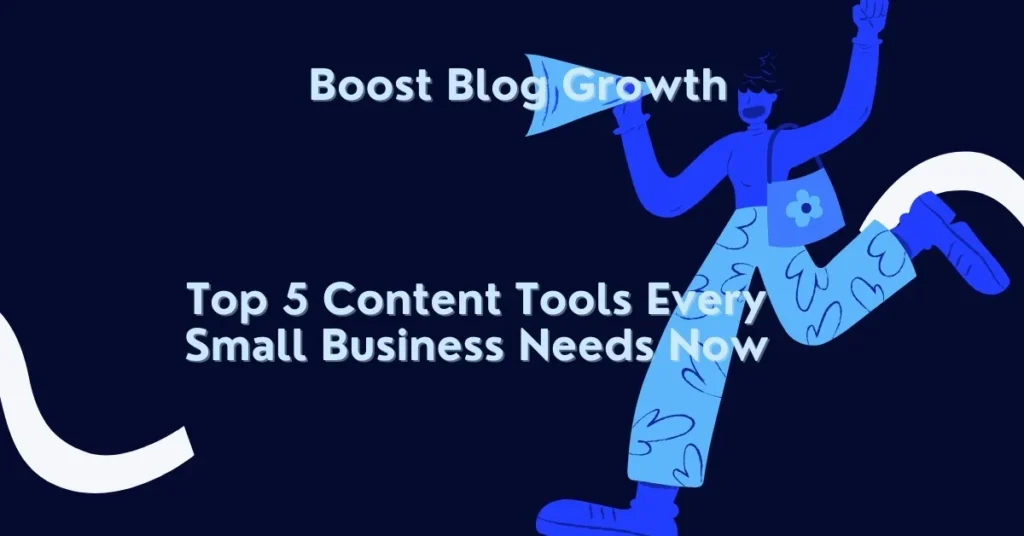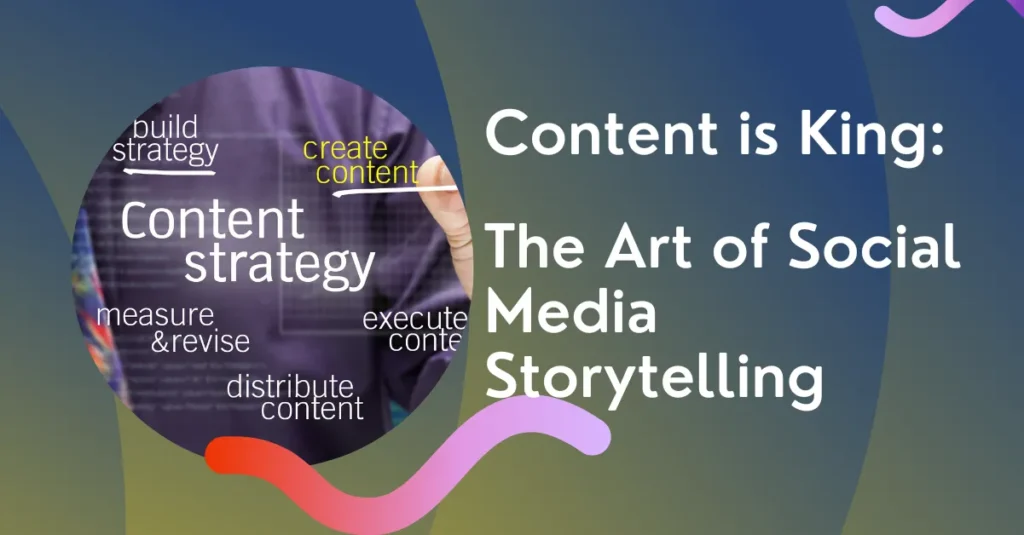Marketing Strategies for Small Businesses: If you’re a small business owner trying to grow your brand and reach more customers, having a clear marketing strategy is essential. Below are eight simple yet powerful techniques to help you succeed in today’s digital landscape.
Smart Marketing Strategies Every Small Business Needs
1 Find Your Perfect Audience Before You Market
Understanding who your ideal customer is will save you time, money, and effort. When you market to everyone, you end up connecting with no one.
How to define your audience:
- Demographics: Age, gender, location, income, education
- Psychographics: Values, interests, lifestyle, pain points
Tools to use: Google Analytics, social media insights, customer surveys
With this information, you can tailor your message, choose the right platforms, and offer products or services that truly resonate.
2 Help Your Customers Find You on Google (SEO)
Search engine optimization (SEO) helps your website rank higher on platforms like Google. Higher rankings mean more visibility and more potential customers.
SEO basics to start with:
- Create a Google Business Profile
- Ask happy customers for reviews
- Use local keywords throughout your website
- Write blog posts about local topics
- Get high-quality backlinks from trusted sources
Consistency is key. Publishing content regularly (like blogs or videos) helps build your online presence and authority over time.
3 Target the Right Keywords for Better Results (PPC)
Pay-Per-Click (PPC) ads allow your business to appear in search results when users search specific keywords. You only pay when someone clicks on your ad.
How it works: You can bid on phrases like "best coffee shop in [your city]" and create a compelling ad. Google or other platforms will decide when to show it based on relevance and quality.
This method works best when your website, brand message, and call-to-action are clear and well-optimized. Continuously monitor performance to avoid wasting your budget.
4 Grow Your Customer Base With Email Marketing
Email Marketing is still one of the most cost-effective tools for staying in touch with your audience.
How to get started:
- Segment your email list by interests or behaviors
- Use tools like Mailchimp or ConvertKit to automate campaigns
- Write engaging subject lines to improve open rates
Send newsletters, product updates, or drip campaigns that nurture relationships over time. Email allows you to speak directly to your customers in a personalized way.
5 Use Social Media to Boost Your Brand
Content syndication via social media helps build brand awareness and customer loyalty. Start with 1–2 platforms where your audience spends the most time:
- Facebook: Great for community building and visual content
- Instagram: Ideal for lifestyle brands and visual storytelling
- Pinterest: Perfect for sharing educational content and visual resources
- YouTube: Excellent for tutorials and behind-the-scenes content
- LinkedIn: Best for B2B and professional services
Develop a content calendar and post regularly. Focus on consistency and engagement rather than trying to go viral.
6 Tell Stories That Attract and Convert (Content Marketing)
Content marketing involves creating valuable content that answers your customers' questions and positions your business as the go-to solution.
Types of content to create:
- Blog posts
- How-to videos
- Infographics
- E-books or guides
- Podcasts
The goal is to attract customers by solving their problems and offering helpful information. Combine content with SEO strategies to make sure it appears in search results.
7 Build Trust Through Positive Reviews
Online reviews influence buying decisions. Encourage satisfied customers to leave reviews on Google, Yelp, or industry-specific platforms.
Tips for getting reviews:
- Send a follow-up email asking for a review
- Make it easy by sharing a direct review link
- Respond to negative feedback with professionalism and a solution
Genuine reviews improve trust and can boost your search engine visibility.
8 Keep Your Online Reputation Clean and Strong
Your digital reputation matters. Search your business name on Google and see what comes up. Make sure that positive content—such as your website, social media, reviews, and media coverage—appears first.
Reputation management tips:
- Monitor mentions of your brand
- Post valuable content regularly
- Claim and update all business listings
- Address negative press or misinformation quickly
A strong online reputation builds credibility and helps attract new customers.
Share Your Winning Idea!
Which technique from this guide will you try first? Share your experience, a tip, or a challenge in the comments below. Let's learn from each other and build a smarter, more creative community together.
For any small business, implementing effective marketing tactics is crucial for building visibility and driving sustainable growth. These eight proven marketing strategies for small businesses are not only practical to apply but also highly effective in helping your brand grow. You don’t need to master everything overnight—start with one or two strategies, observe the impact, and build from there.
Whether you’re focusing on SEO, social media, or content marketing, each step you take can bring you closer to your goals. Tracking your progress allows you to refine your approach and better understand what resonates with your target audience. With time, consistency, and innovative use of tools, even small actions can lead to meaningful results for your small business.
By staying committed to the right marketing tactics, you can strengthen your online presence, attract new customers, and boost long-term growth.
📚 Master the Full Creative Process
You've mastered ideation. Now, learn how to evaluate, prioritize, and execute your best ideas.
Idea to Action Plan
A step-by-step framework for turning brainstorm output into a project roadmap.
Read Guide →AI for Facilitators
Leverage ChatGPT & Gemini to prep sessions, analyze ideas, and overcome blocks.
Read Guide →










